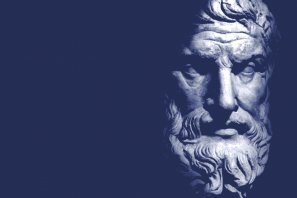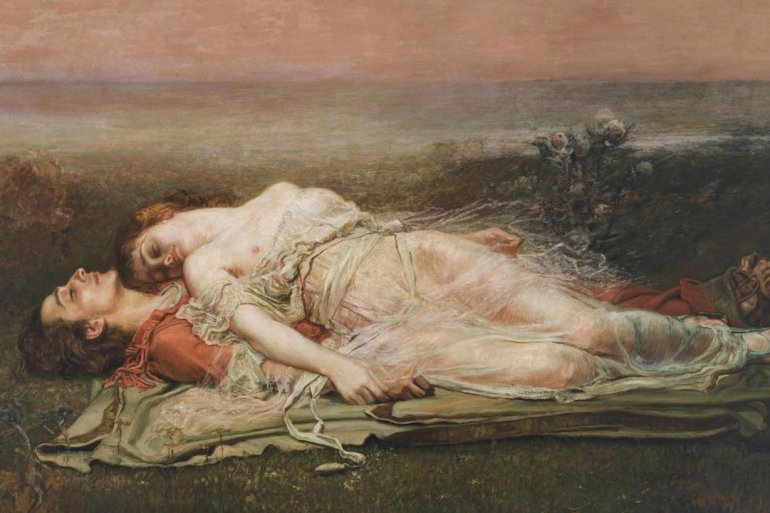In the vast and complex tapestry of Western thought, Julius Evola stands as a singular figure of intellectual prowess and spiritual insight. Born in Rome in 1898, Evola’s life and work spanned the tumultuous twentieth century, during which he made profound contributions to the fields of philosophy, esotericism, and traditionalism. His ideas continue to resonate and inspire today, with his writings remaining as relevant and thought-provoking as ever. One of Evola’s most enduring works is...
Philosophy
Everything on philosophy related to Maier files series. Posts and Thoughts examining existence, change, properties, space, time, causality, and possibility.
In the midst of a world engulfed in the flames of World War II and a tragic civil war in Italy, Julius Evola published his Doctrine of Awakening in 1943. This book, which delves into the depths of Buddhist thought and explores the nature of spirituality and tradition, is a testament to Evola’s ability to transcend the limitations of his time and challenge the modern world’s rejection of traditional values. Evola’s Doctrine of Awakening is...
Unveiling the Enigmatic Wisdom: Deciphering the Esoteric Meaning of “Sit laus vobis Qui loculum antiqui cordis In fonte aspicitis. O vas nobile Quod non est pollutum Nec devoratum In saltatione antique spelunce. Et quod non est maceratum In vulneribus antiqui perditoris” In the labyrinthine world of ancient texts and cryptic symbols, there exists a riddle (Hildegard von Bingen) that has tantalized the intellect and stirred the soul for generations. It is a passage that reads:...
Gravity …. I fell. An introduction by Richard Panek. I had been sitting in a chair for a quarter of an hour, killing time in a bookstore. I had selected from a nearby shelf a book that I thought might relate to the subject I was researching at the moment—I no longer recall what. I’d pushed my chair away from a communal table, crossed my legs, and opened the book to a random page. The...
Epictetus and how to be free!? Is it a question or an exclamation, a political manifesto or a longing to go native, an aspiration for autonomy or the route to emancipation from bondage? This book presents an ancient Greek philosopher’s take on freedom— freedom construed as living in agreement with nature, owning and ruling oneself, becoming a world citizen, desiring always and only what you are assured of getting— and much more. Epictetus (c. AD...
Francis Bacon was a great genius who helped to shape the modern world. But many people would be hard put to say exactly why. He made no new discoveries, developed no technical innovations, uncovered no previously hidden laws of nature. His achievement was to offer an eloquent account of a philosophy and a method for doing those things. And in that way he turned out to be as important as people famed for particular discoveries,...
Known to some as Sir Thomas More and to others as Saint Thomas More, the author of 1516’s Utopia—and inventor of the word utopia itself—lived from 1478 to 1535. He was a man of great conviction, deep Catholic faith, and remarkable rhetorical skill. It’s not often possible to trace the origins of an entire literary genre (Utopian and Dystopian Works of Literature) back to a single work. Thomas More was, by training, a lawyer and...
John Galt, in Atlas Shrugged: “Through centuries of scourges and disasters, brought about by your code of morality, you have cried that your code had been broken, that the scourges were punishment for breaking it, that men were too weak and too selfish to spill all the blood it required. You damned man, you damned existence, you damned this earth, but never dared to question your code. … You went on crying that your code...













